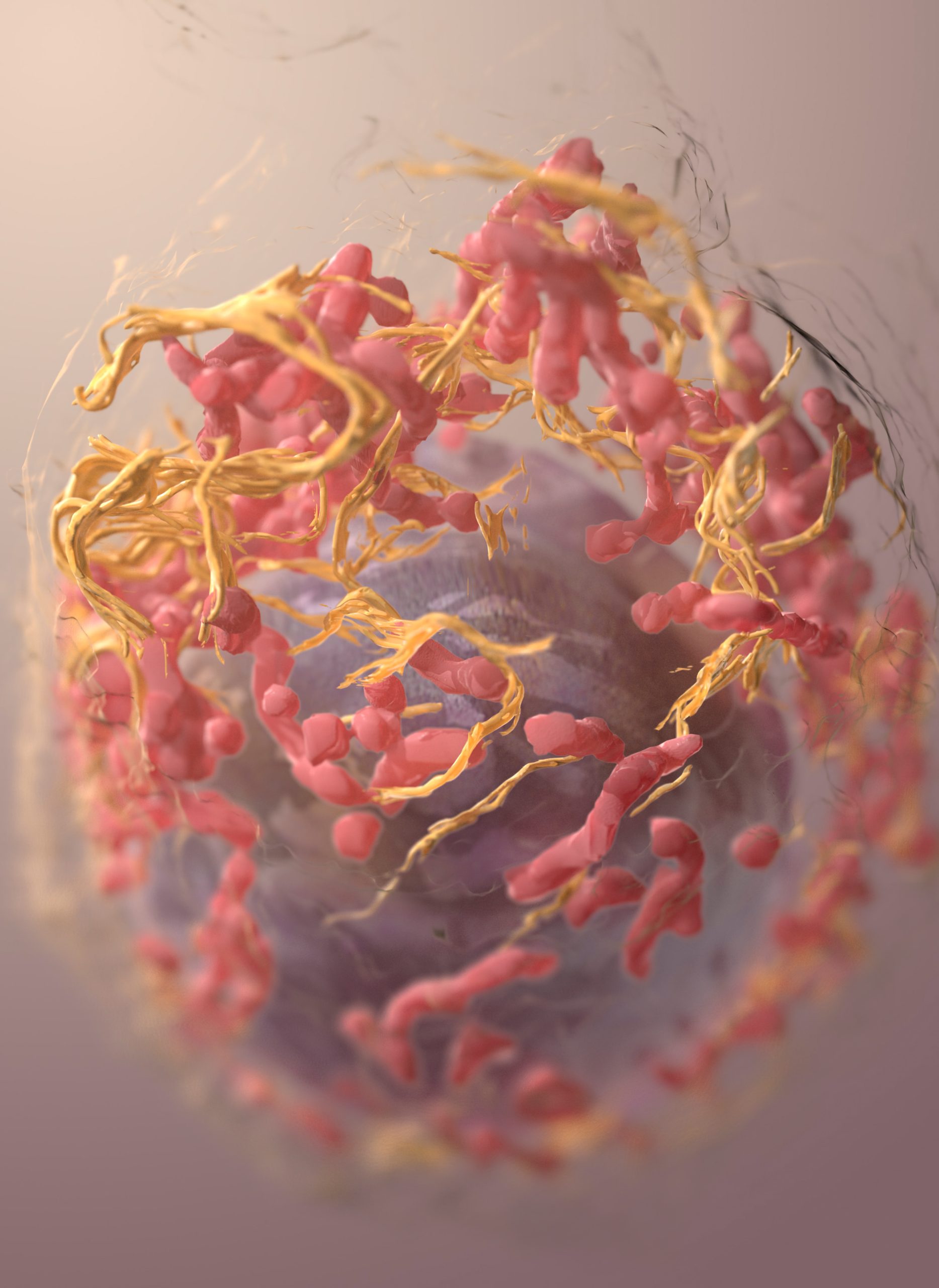A low-glycemic index (GI) diet is essential for women with PCOS due to its potential benefits in managing insulin resistance, promoting weight management, and improving hormonal balance. Here’s why a low-GI diet is recommended:
- Regulating insulin levels: Women with PCOS often have insulin resistance, which means their cells have difficulty responding to insulin. A low-GI diet focuses on consuming carbohydrates that have a slower and steadier effect on blood sugar levels, leading to a more gradual release of insulin. This can help improve insulin sensitivity and regulate blood sugar levels.
- Managing weight: Many women with PCOS struggle with weight management due to hormonal imbalances and insulin resistance. A low-GI diet can support weight management by preventing spikes in blood sugar levels that can lead to increased fat storage and overeating. By choosing low-GI foods, you can promote satiety, reduce cravings, and manage your weight more effectively.
- Improving hormone balance: Insulin resistance in PCOS can disrupt hormone balance, leading to irregular menstrual cycles, increased androgen levels (such as testosterone), and other hormonal imbalances. By managing insulin levels through a low-GI diet, you may help restore hormonal balance and improve symptoms associated with PCOS.
- Enhancing fertility: PCOS is a leading cause of infertility in women. By following a low-GI diet, you can potentially improve fertility outcomes. Stable blood sugar levels and improved insulin sensitivity may support regular ovulation and increase the chances of conception.
- Preventing metabolic complications: Women with PCOS have a higher risk of developing metabolic complications, such as type 2 diabetes and cardiovascular disease. A low-GI diet can help reduce these risks by improving insulin sensitivity, managing weight, and promoting better blood sugar control.
- Supporting overall health: A low-GI diet is generally considered a healthy approach to eating for everyone, not just women with PCOS. It encourages the consumption of whole, unprocessed foods and limits highly refined and sugary foods, which can benefit overall health by reducing the risk of chronic diseases, promoting stable energy levels, and supporting optimal nutrition.
It’s important to note that while a low-GI diet can be beneficial for women with PCOS, individual responses may vary. Consulting with a registered dietitian or healthcare professional who specializes in PCOS can help you create a personalized diet plan that suits your specific needs and goals.










